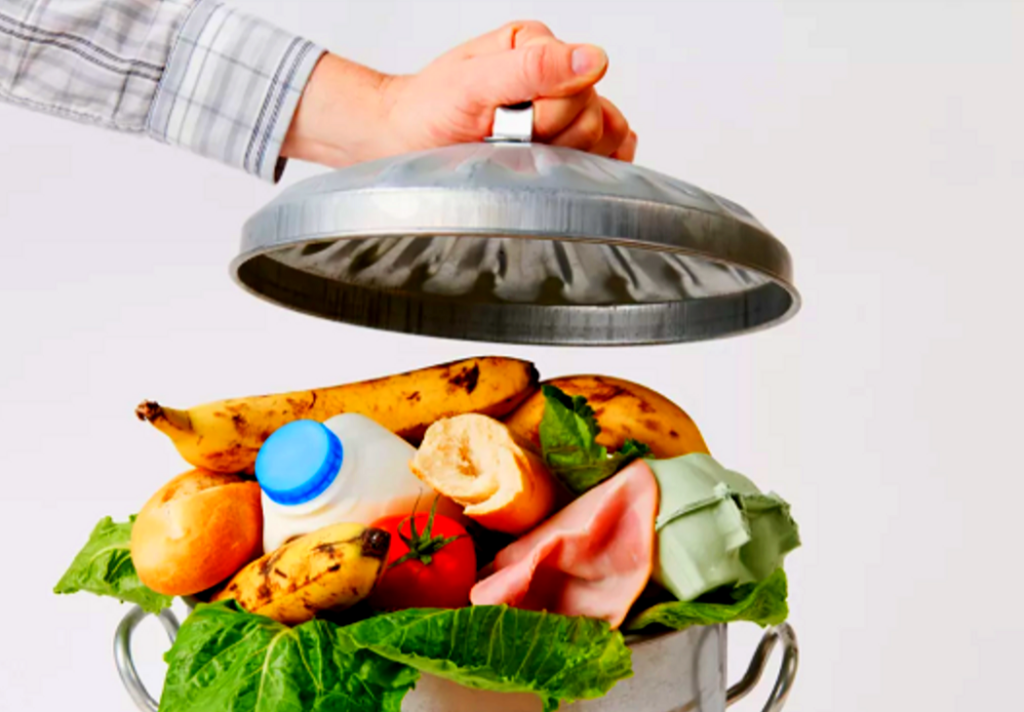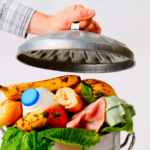
Food waste has always been an issue, whether in a restaurant or at home, high volumes of food are thrown out simply because they were not stored right and can’t be eaten anymore. There are different ways of storing food to make sure that they won’t go bad, but not everyone is aware of that.
The first thing that you need to do to cut down on how much food gets wasted is to know what food waste is. Food waste is the food that can be used again or is thrown away and sent to landfills. In America alone, 30 to 40 percent of food is wasted, and not only because it went bad but because of reasons like the food looks unappetizing, the meal was not finished, it began to rot, or it was unused.
All in all, this kind of habit equates to almost 20 pounds of wasted food per person every month, and about $1,000 is wasted every year in one household with a minimum of four people. Restaurants and even household can do their part in reducing food waste and in creating an environment that minimizes waste that ends up in landfills.
It is important to remember that improper storage leads to a huge amount of food waste. In the United Kingdom, around two-thirds of household waste is due to spoilage. A lot of people are not just how to store vegetables and fruits, so they ripen and eventually go bad.
Take note that potatoes, garlic, tomatoes, onions, and cucumbers should never be refrigerated. They should all be kept at room temperature.
Separating foods that produce a gas called ethylene from foods that don’t is another way to prevent food spoilage. Ethylene ripens foods fast and could eventually lead to spoilage.
Some of the foods that produce ethylene are avocados, tomatoes, bananas, peaches, cantaloupes, green onions, and pears. Remember to keep these foods away from those that are sensitive to ethylene gas like apples, potatoes, berries, leafy greens and peppers so you can avoid spoilage.
While you think pickling and fermenting foods are new, food preservation techniques like have been used for years. Pickling uses vinegar or brine to preserve food. Drying, pickling, fermenting, curing, canning, and freezing are all methods that you can use to reduce food waste.
These methods can help reduce your carbon footprint; it can also help save you money too. Most preservation techniques are simple and easy to do. Canning ripe apples and turning them into applesauce can help reduce the amount of apple that you throw away. Pickling carrots will give you a delicious treat that even children will enjoy.
When it comes to freezers at home or walk-in coolers in restaurants, the saying “out of sight, out of mind” comes to play. While having a walk-in cooler or a well-stocked freezer is good, a fridge that is overly filled can be bad when it comes to food waste. You can avoid food spoilage by keeping your walk-in cooler or freezer organized so you can see foods and you can immediately know when they were bought.
A great way to stock your walk-in cooler or freezer is to use the FIFO method, which means “first in, first out.” That means when you purchase a new carton of berries, place the new cartons behind the old one. This can help make sure that the older berries get used first and they are not wasted.
One of the easiest ways to preserve food is freezing them, and almost all types of food are suitable for freezing. Greens that are too soft to be used in a salad can be put in freezer-safe bags or containers, and they can be used for smoothies and other recipes at a later date.
Excess herbs can be combined with chopped garlic and olive oil, then frozen in ice cube trays for a delicious and handy addition to other dishes. You can freeze leftovers, excess produce and meals like chilis and soups can be placed in a freezer. It is a great way to make sure that you can still eat the leftovers and that they won’t go bad.
Keeping a clean walk-in cooler or freezer is also important in making sure that the food stored is not contaminated. You can call your service provider to make sure that your cooler or freezer is in the best shape; call commercial refrigeration repair in New Jersey now. In this way, you don’t have to keep on throwing food out.
